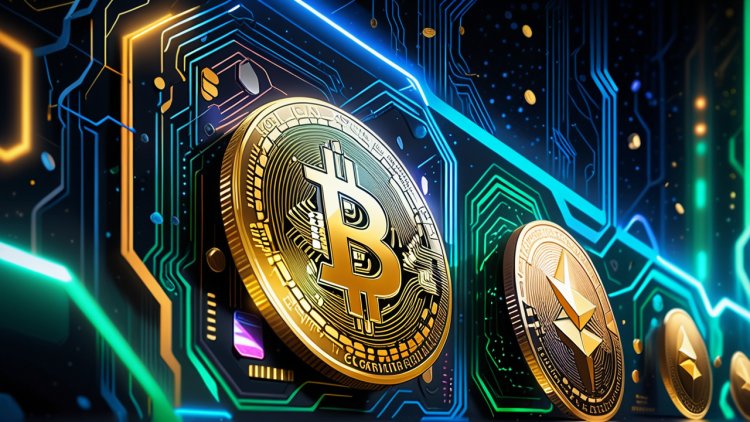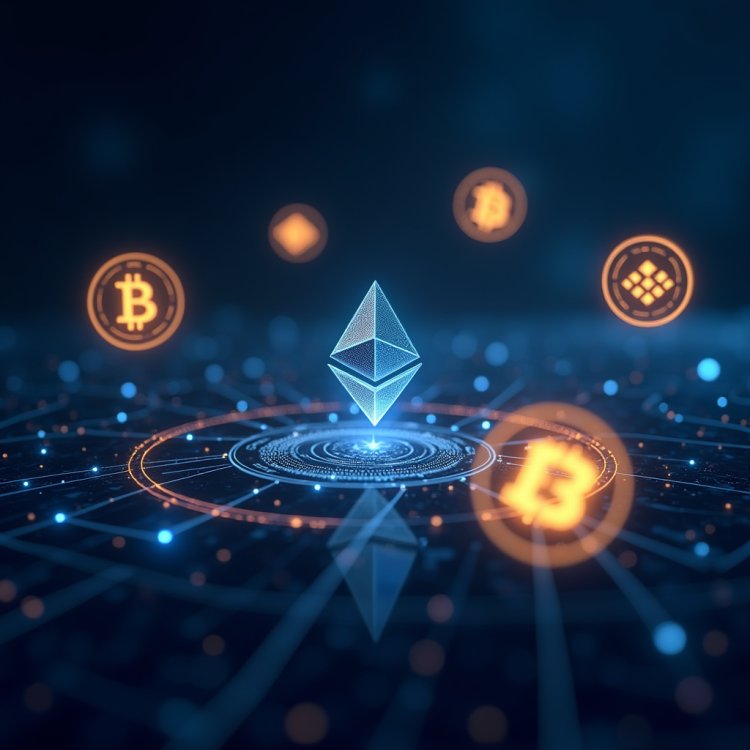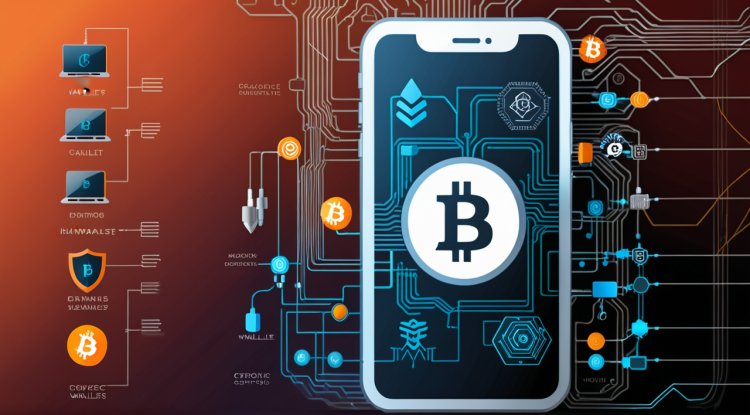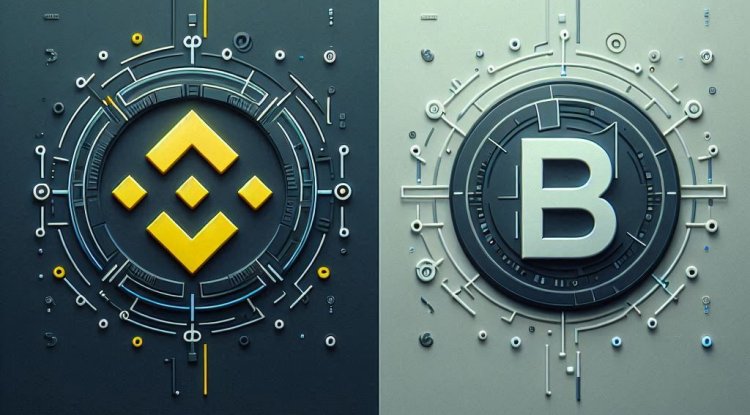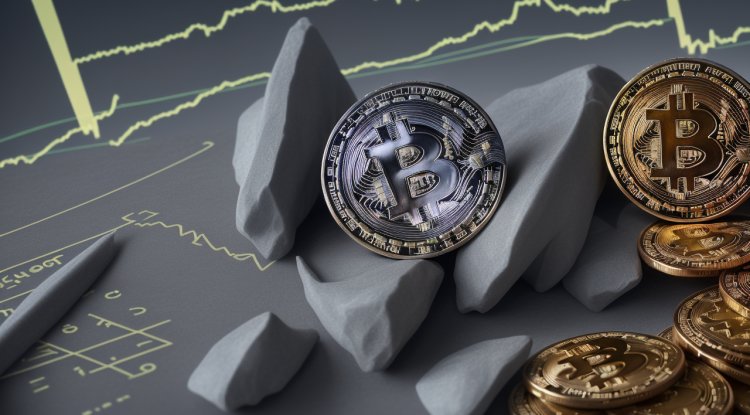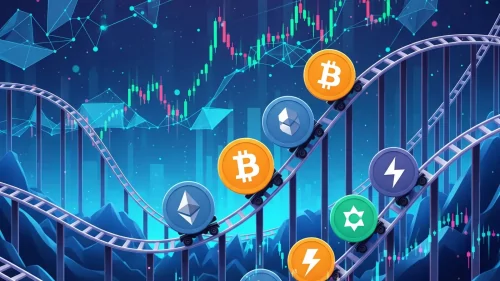Why Bitcoin is Still Digital Gold: The Bull vs. Bear Case
Bitcoin’s digital gold debate: Is it a hedge against inflation or just speculative hype? Explore the bull vs bear case now.
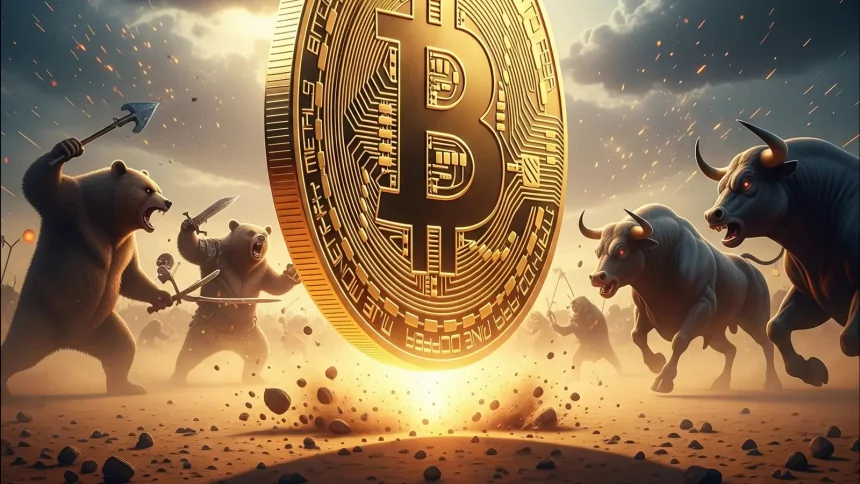
Bitcoin has been declared dead more times than we can count, yet here it stands—still the heavyweight champion of crypto, still commanding global attention. But is it truly "digital gold," as believers claim, or just a volatile tech experiment past its prime? Let’s dig into the bull and bear cases that shape the ongoing debate.
The Bull Case: Bitcoin as Digital Gold
The bullish narrative boils down to one word: scarcity. Unlike fiat money, Bitcoin has a hard cap of 21 million coins. No central bank can "print" more to bail out inefficiencies or grease political gears. That makes it a hedge against inflation and systemic financial instability.
Store of Value in a Chaotic World
-
Investors in Argentina and Turkey, facing raging inflation, often turn to Bitcoin as a lifeboat. It's liquid, borderless, and accessible with nothing more than an internet connection.
-
Institutions, from MicroStrategy to BlackRock, are stacking sats because they see Bitcoin as a global reserve asset in the making, not a speculative fling.
Credibility Through Time
Survivability counts. Every bubble, every bear market crash, every obituary only reinforces Bitcoin’s Lindy effect—the longer it survives, the higher the likelihood it keeps surviving. Just like gold, its very age boosts credibility.
The Network Effect
Bitcoin isn’t just first-mover lucky. Its network security (via proof-of-work) is unmatched, with miners and holders aligning incentives to keep the system running. With every halving, scarcity deepens, reinforcing the digital gold comparison.
Imagine Bitcoin as an unforgeable monument sitting in cyberspace. Nations can fight wars, economies can collapse, but the monument remains there—untouched, verifiable, and available to anyone.
The Bear Case: Gold Is Gold, Bitcoin Is... What Exactly?
Critics argue Bitcoin isn’t "digital gold" at all, and the case isn’t without teeth.
Volatility Nightmare
Gold serves as a safe haven precisely because it’s stable. Bitcoin, by contrast, can swing 10% in a day. For retirees or risk-averse investors, that unpredictability makes it more like "digital poker chips" than digital gold.
Lack of Utility Beyond Speculation
Gold has physical uses—jewelry, electronics, even dentistry. Bitcoin has none. Outside of trading and hodling, skeptics argue it's a closed loop of speculative demand.
Environmental and Scaling Critiques
Proof-of-work mining consumes vast energy, often compared (fairly or not) to countries’ entire electricity usage. Add to that Bitcoin’s slow transaction throughput (compared to L2s or even Ethereum), and the critics see an inefficient dinosaur.
The Centralization Risk
From miners clustering in friendly jurisdictions to institutions holding billions worth of BTC, bears argue Bitcoin is not as decentralized as the marketing brochures promise. If BlackRock ends up holding half the network, is it really "digital gold," or just Wall Street 2.0?
So, Who’s Right?
Both camps make strong points, but here’s the kicker: Bitcoin doesn’t need to replace gold perfectly to succeed. If it captures even a fraction of gold’s $13 trillion market cap, it rewrites financial history.
Think of Bitcoin less as a replacement and more as an upgrade path: gold 2.0 for the digital era. It maintains scarcity but adds portability, programmability, and divisibility that gold never had. You can’t email gold across borders in seconds. You can’t split gold into a million micro-units with a click. Bitcoin can.
The question isn’t whether Bitcoin is digital gold. It’s whether the world, facing inflation, geopolitical fractures, and a digitized economy, will want a digital form of gold. On that front, the future feels bullish.
Key Takeaways
-
Bulls see Bitcoin as the ultimate inflation hedge, a scarce, global, decentralized asset with unstoppable network effects.
-
Bears see volatility, speculative hype, environmental baggage, and centralization creeping in.
-
The truth? Bitcoin doesn’t need everyone to agree on the "digital gold" label. It just needs enough believers to keep the network alive and valuable.
So… will you be the one stacking sats—or writing the next obituary?
Share
What's Your Reaction?
 Like
1
Like
1
 Dislike
0
Dislike
0
 Love
0
Love
0
 Funny
0
Funny
0
 Angry
0
Angry
0
 Sad
0
Sad
0
 Wow
1
Wow
1

